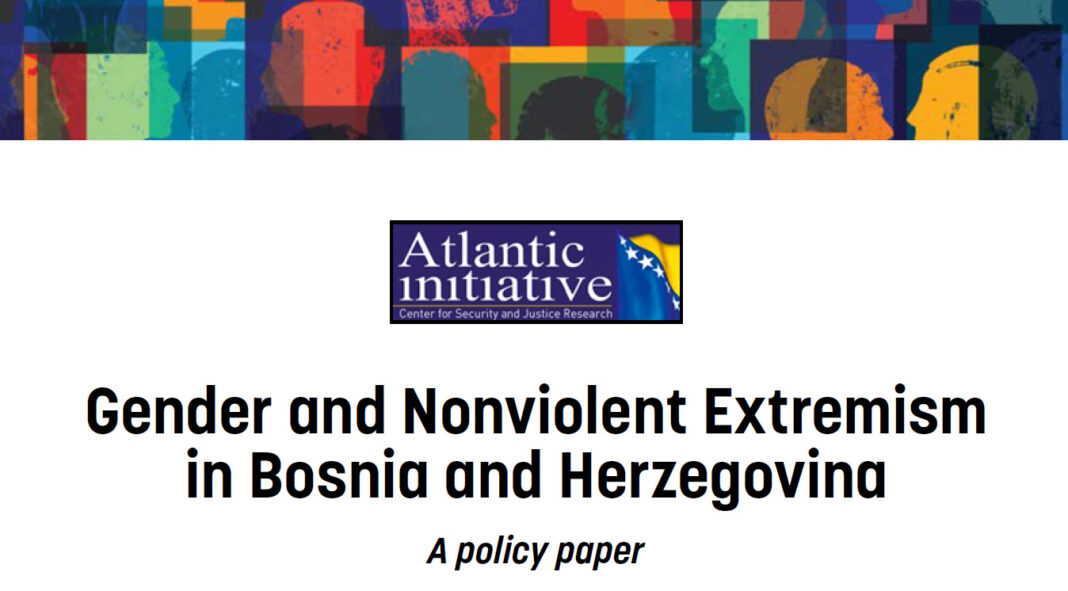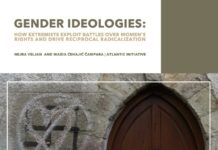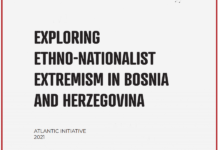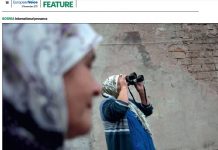This policy paper examines the gendered nature of extremism in Bosnia and Herzegovina (BiH), with some comparative reflections from Serbia, Croatia, and Montenegro. Through the lens of gender and gender analysis, it exposes how religious, political, and ideological influencers are attempting to reshape societies in the Western Balkans region and roll back years of progress made towards achieving gender equality. Research for this paper was undertaken on the premise that there remain underexplored connections among anti-feminist rhetoric, anti-gender narratives, conservative religious doctrines, and far-right extremism; despite numerous regional and international studies that have confirmed the existence of these connections in recent years. To that end, this research examined both groups with an online presence that espouse anti-feminist and far-right ideals as well as groups that are active on the ground in local communities, with a focus on how these groups are emboldened and legitimized by the actions and rhetoric of mainstream political figures who derogate women and promote anti-gender narratives.
You can read the publication at this link.








